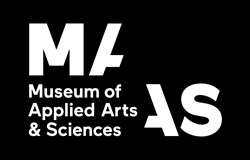When: Thursday 15th November, 12:00pm – 4:45pm (including lunch)
Where: Powerhouse Museum, 500 Harris St, Ultimo
Room: L3, Level 2 to the left of the registration/foyer area, down the hallway and through the doors on the right
In this workshop you will examine the theory behind risk communication, and learn how to apply it in practice. We will use case studies and shared learnings to develop risk communication frameworks for people’s own professional situations that you can then apply in your workplace.
Workshop presenter
Craig Cormick, Science Communicator and Writer
Purchase separately or free for conference+workshop delegates (RSVP during registration).
Register now!
**This is a public event. Register to save your seat!**
Share on Facebook: https://www.facebook.com/events/242782939725080/
